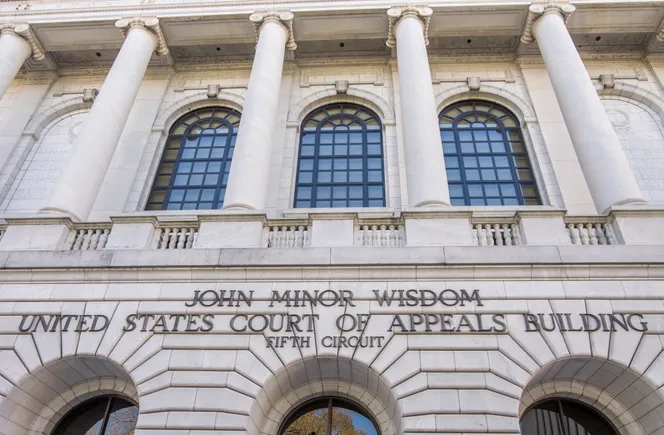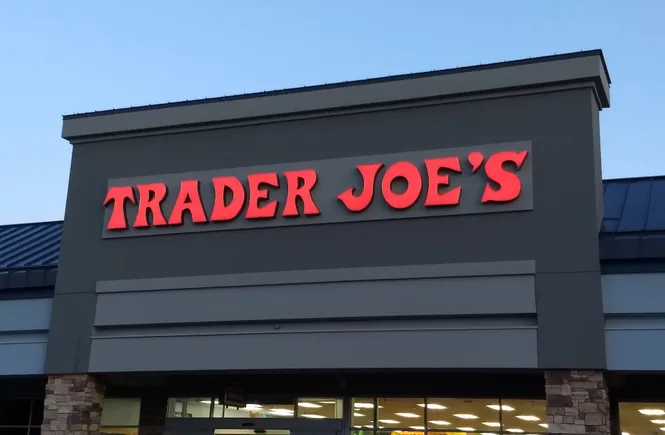Dive Brief:
- A group representing agricultural employers has filed a lawsuit to overturn a Biden administration rule granting protections for temporary farmworkers who try to form unions.
- The National Council of Agricultural Employers, which is leading the suit, argues that Congress never explicitly granted H-2A visa workers protections when writing labor laws governing union organizing in 1935.
- The Department of Labor rule, which took effect in April, prohibits employers from retaliating against unionization efforts and clarifies what’s considered “for cause” termination. A federal judge in Georgia had already overturned the rule in 17 states following a suit from Republican lawmakers.
Dive Insight:
The suit is one of the first major efforts in the farming industry to overturn rules from a federal agency following the Supreme Court’s Loper Bright decision that is expected to reshape the overall regulatory landscape.
Farmworkers were excluded from the 1935 National Labor Relations Act, and agricultural employers argue that H-2A visa workers cannot be included without an act from Congress. In a statement, NCAE said the rule would allow “temporary foreign agricultural workers to unionize — a right not extended to American farmworkers.”
In their suit, NCAE cites the Supreme Court’s Loper Bright decision in June that limits federal agencies’ ability to advance regulation without explicit instruction from Congress. The group also says that the Georgia decision to overturn the rule in certain states has created a complex regulatory system whereby two-thirds of the country is still subjected to the Department of Labor rule.
The NCAE’s suit, filed in the U.S. District Court for the Eastern District of Kentucky, is looking to block the rule throughout the rest of the country.
“Rather than taking heed of the Judge’s wise words and withdraw the Rule in its entirety, the Department decided to further complicate matters for farm and ranch families by creating a bifurcated application process at the whim of the Acting Secretary’s pen rather than through true notice-and-comment rulemaking,” Michael Marsh, president and CEO of NCAE, said in a statement.
In addition to providing organizing protections to temporary farmworkers, the DOL rule required employers to make transportation improvements and update on-site housing policies to allow guests. Groups representing temporary farmworkers have said the rule provides an important way to improve labor conditions for some of the most vulnerable workers in the United States.
“H-2A workers are uniquely vulnerable to workplace exploitation, so without additional protection, employers will hire them over their domestic counterparts,” farmworker groups wrote in an amicus brief filed ahead of the Georgia ruling.
The H-2A visa program has been a critical way for farms to fill labor shortages, and producers in recent years have relied more on foreign-born workers. The number of certified H-2A workers, or those who are requested by employers and then certified by the DOL, grew by 64.7% between 2017 and 2022, according to the American Immigration Council.
However, the H-2A program has been found to be rife with abuse, including high-profile instances of human trafficking and exploitation. Expanding reliance on the H-2A program has renewed farmworker organizing efforts around the country, with unions notching wins like the DOL rule and a California law that also makes it easier to organize.
The Georgia judge’s ruling, made Aug. 29, overturned the DOL rule in the following states: Georgia, Kansas, South Carolina, Arkansas, Florida, Idaho, Indiana, Iowa, Louisiana, Missouri, Montana, Nebraska, North Dakota, Oklahoma, Tennessee, Texas and Virginia.






Leave a Reply